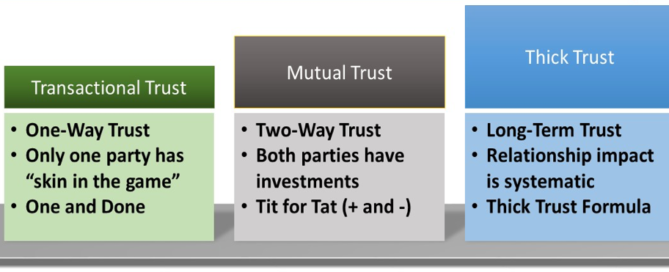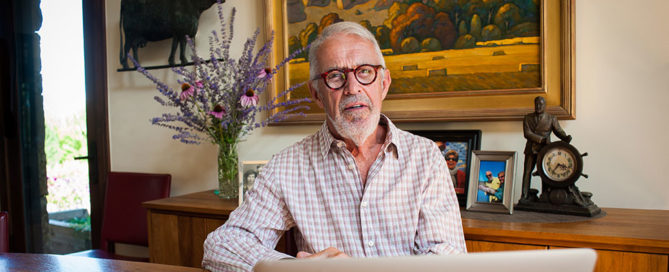Family Dynamics: Some Things Don’t Change Much
Addressing the questions about how I got started in consulting family businesses, I did notice that there was one subject that was a part of every story: family dynamics. Making the study of family dynamics should be a part of the bedrock of everyone’s practice, with a special nod to the work of Dr. Murray Bowen. I was so fortunate to have been steered in his direction early in my career.
Add To Your Formal Education By Tapping Into The Experience Of Others
I was trained in organization development, business behavior, and group dynamics. I didn’t set out to be knowledgeable about families in business, but it happened because of an innate curiosity about how all things work. Throughout my career when I didn’t know something, I would engage professionals to teach me. I have learned from attorneys, accountants, engineers, social workers, psychologists, psychiatrists—all worth every minute invested in listening and every penny spent for the time.
My First Family Business Client
My first client was three businesses, all interlocked by long relationships among the owners.
- Business One: owned by a widow and her two sons, A and B. In that business was a non-related controller, C.
- Business Two: owned by another widow with one son, D. In that business was an older gentleman, FR, who served as “family retainer,“ holding the business together.
- Business Three: owned by A + B + C + D + FR.
D had a severe and permanent congenital problem. He was dumb as a rock. I know that sounds harsh, but it was a significant factor. He had roomed with B in prep school, then with A in college until he (D) flunked out. The stated task was to merge the three businesses into one.













